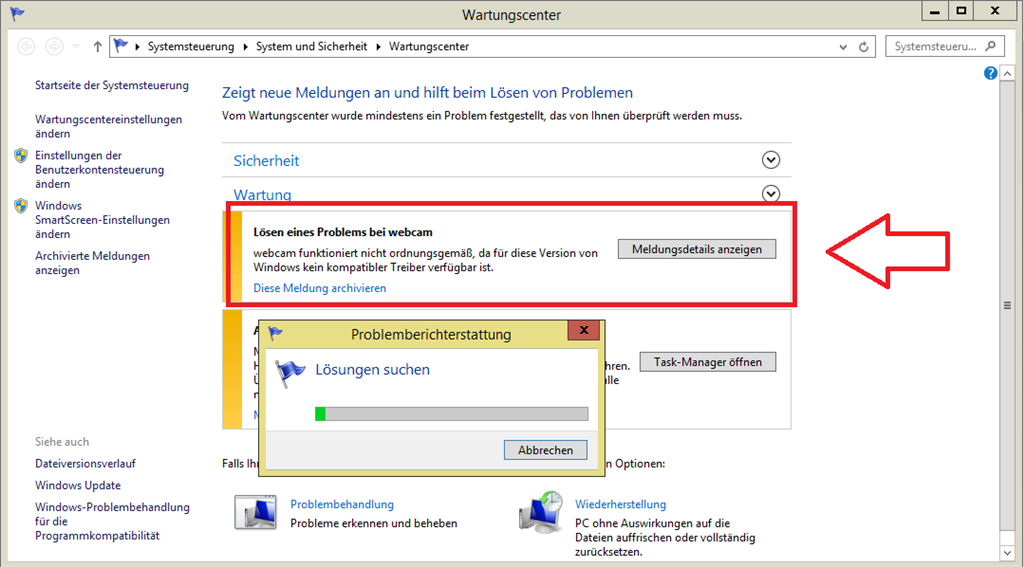
Annadue 1080P-Computerkamera mit Mikrofon, USB-Webcam-Treiber für Webcast-/Videokonferenzen/Netzwerkunterricht, Schwarz: Amazon.de: Computer & Zubehör

Webcam HD Computer Kamera, Webcam 640 x 480 USB Webcam, Computer Plug And Play Online Class Live Conference Autofokus Flexibler Treiber Kostenloser Webcam für: Amazon.de: Computer & Zubehör

Webcam SilverCrest WC2130 (1,3 MPixel - USB 2.0) + Treiber-CD in Feldmoching-Hasenbergl - Feldmoching | Weiteres PC Zubehör gebraucht kaufen | eBay Kleinanzeigen

Wholesale logi tech C920 Pro Camera 1080P Webcam Widescreen Skype Video Laptop Web Usb Pc Treiber Camera For Computer From m.alibaba.com

8,0 MP HD USB Webcam CS-mount Mikroskop Kamera Mini Freien Treiber Digitale Industrie USB Kamera mit 2,8-12mm Manuelle Vario-objektiv _ - AliExpress Mobile

Webcam SilverCrest WC2130 (1,3 MPixel - USB 2.0) + Treiber-CD in Feldmoching-Hasenbergl - Feldmoching | Weiteres PC Zubehör gebraucht kaufen | eBay Kleinanzeigen

SunshineFace 1080P Webkamera USB-Treiber ohne Laptop USB-Webcam mit Mikrofon für Live-Streaming per Telefonkonferenz: Amazon.de: Computer & Zubehör

OV7725 freien treiber outdoor nachtsicht infrarot dome usb kamera mit IR CUT ELP-USB30W04MT-DL80 _ - AliExpress Mobile
















